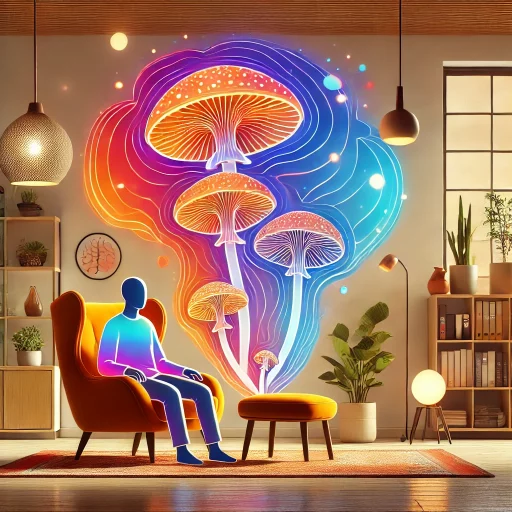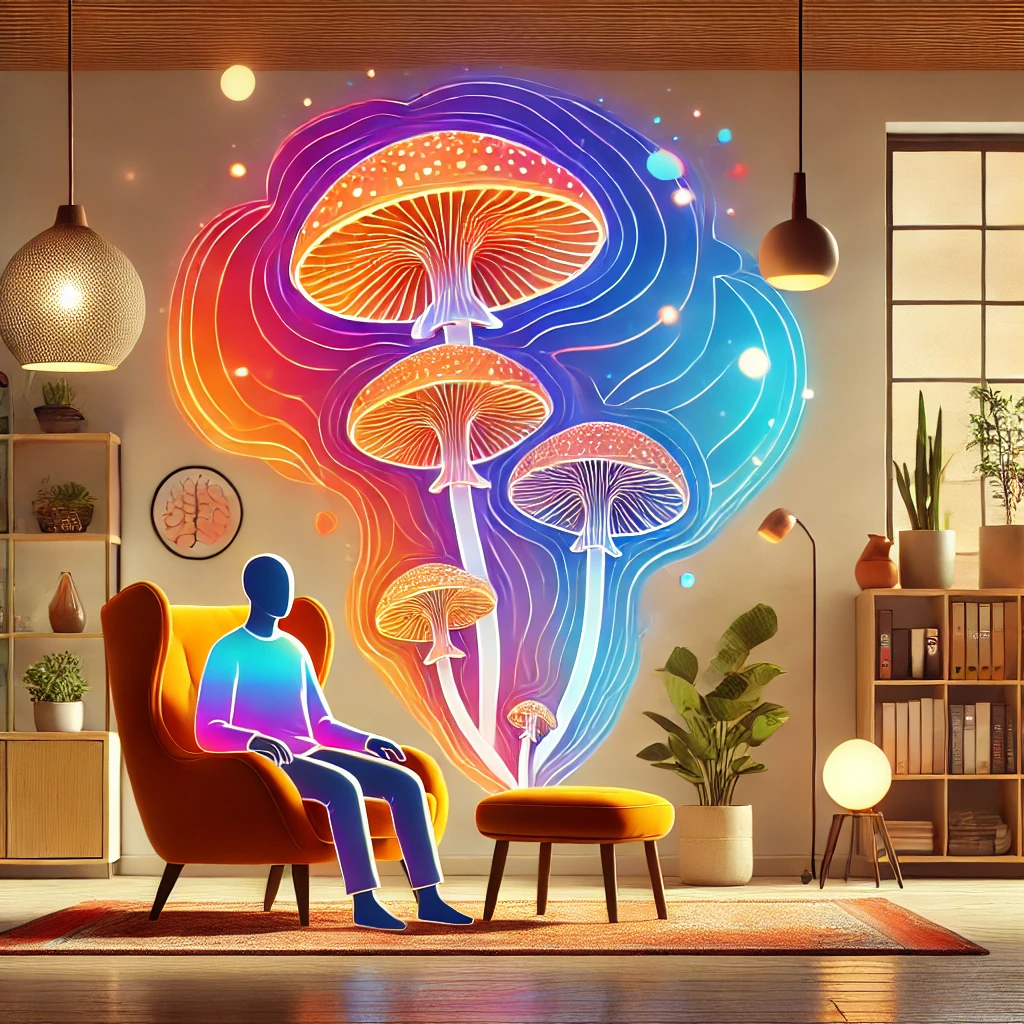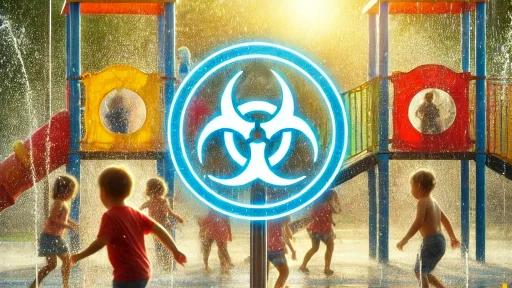Exploring New Frontiers in Depression Treatment
Researchers are diving into innovative solutions for depression, particularly for individuals resistant to standard treatments. One exciting area of focus is psilocybin, a naturally occurring compound in certain mushrooms, known for its rapid and profound impact on depressive symptoms. While psilocybin has shown promise for general depression, its effects on bipolar II disorder—a condition marked by prolonged depressive episodes—remain less understood.
Psilocybin Therapy for Bipolar II Disorder
A recent study explored the safety and effectiveness of psilocybin-assisted therapy for individuals with bipolar II disorder who had not responded to traditional treatments. Four participants, averaging 37 years old, underwent one or two therapy sessions involving a 25 mg dose of psilocybin, combined with preparatory and follow-up psychotherapy.
Significant Reduction in Symptoms
The findings were promising. Before treatment, participants had an average depression score of 32.5 on the Montgomery–Åsberg Depression Rating Scale (MADRS), indicating severe depression. Two weeks after the first session, this score dropped to 20.3, reflecting a substantial improvement. Following a second session, the score further reduced to 19, and six months later, the average score was 21.3, suggesting the benefits were sustained. Notably, no participants experienced mania, hypomania, or psychosis—key concerns in treating bipolar disorder.
A New Hope for Difficult-to-Treat Depression
These findings highlight psilocybin’s potential as a groundbreaking therapy for individuals with bipolar II disorder, especially for those unresponsive to existing treatments. However, due to the study’s small size, further research is necessary to validate these results and confirm long-term safety and effectiveness.
Toward Better Mental Health Solutions
This study opens the door to psilocybin as a powerful tool in addressing treatment-resistant depression in bipolar II disorder. As research progresses, this therapy could lead to more effective and faster-acting treatments, transforming lives and improving mental health care.





